

Ben Zachariah
Endangered, but not extinct: V8 and V12 engines to live on
45 Minutes Ago

Contributor
The 2022 Toyota Mirai hydrogen fuel-cell electric vehicle (FCEV) has been awarded a five-star ANCAP safety rating.
The new-generation sedan which is currently in limited fleet service received 88 per cent for adult occupant protection, 87 per cent for child occupant protection, 80 per cent for vulnerable road user protection, and 83 per cent for safety assist.
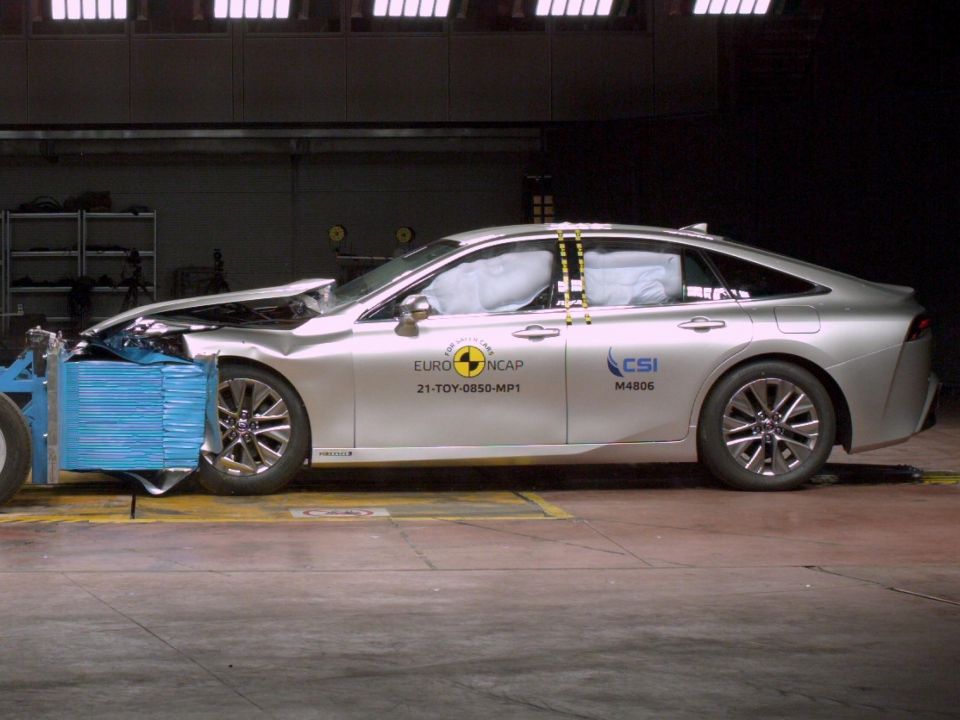
The safety authority said the hydrogen-fuelled powertrain and high-pressure storage tanks had “no effect on the Mirai’s inherent safety”.
“The results achieved by the Toyota Mirai are to be commended, showing safety and environmental benefits can and should go hand-in-hand,” added ANCAP chief executive Carla Hoorweg.
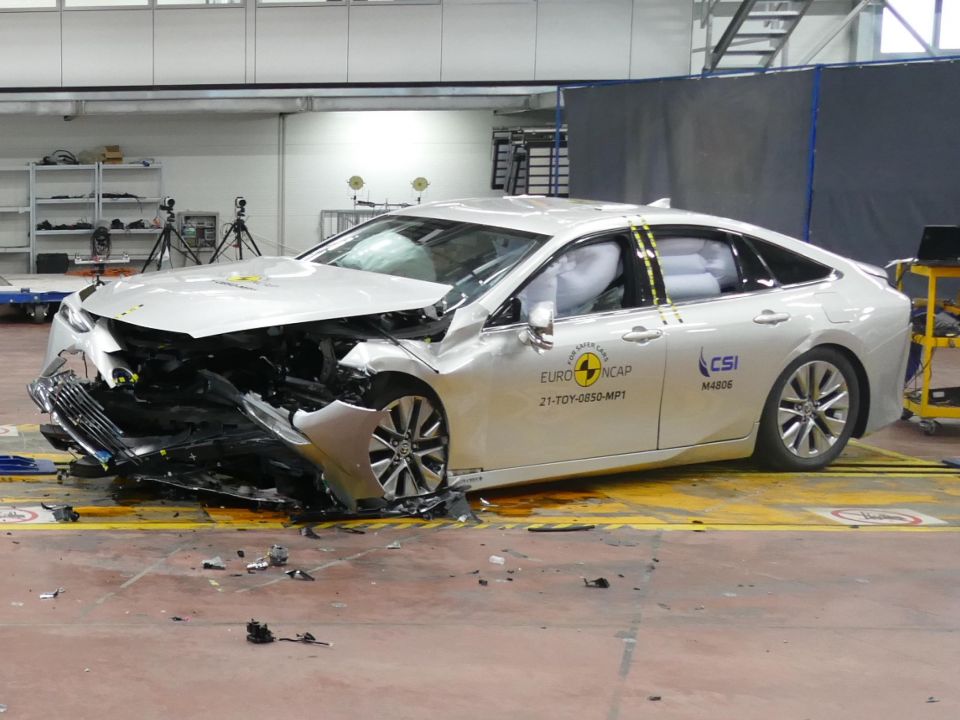
The Mirai’s five-star ANCAP rating was based on tests conducted by partner organisation Euro NCAP.
The Mirai isn’t the first FCEV to receive a five-star rating by ANCAP, as the safety authority previously crash tested the Hyundai Nexo as well.
ANCAP added that five-star results for hydrogen FCEVs would help “build consumer confidence” that this BEV alternative is safe technology.
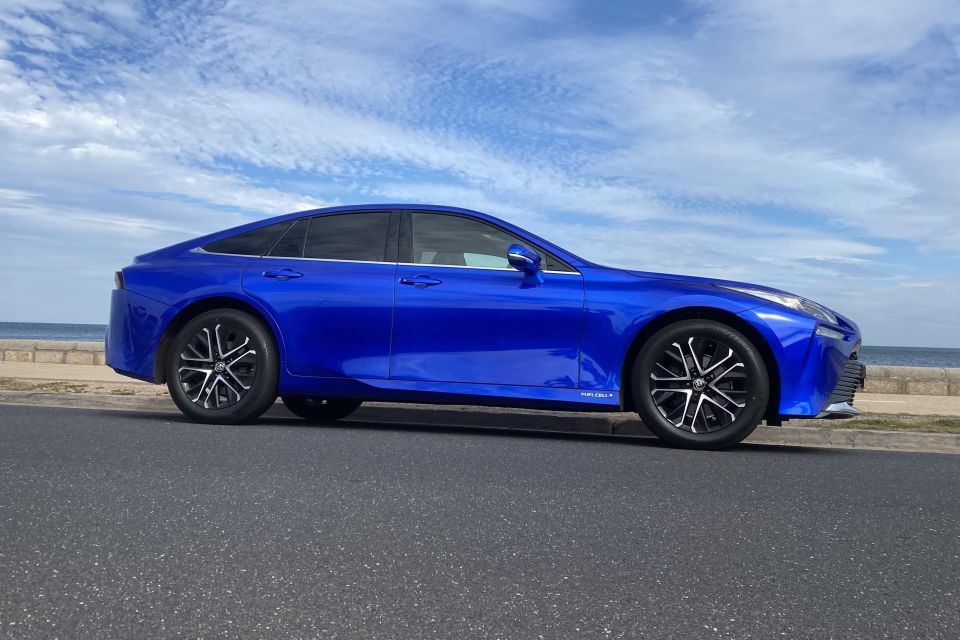
All 2022 Mirai models come standard with the following safety equipment:
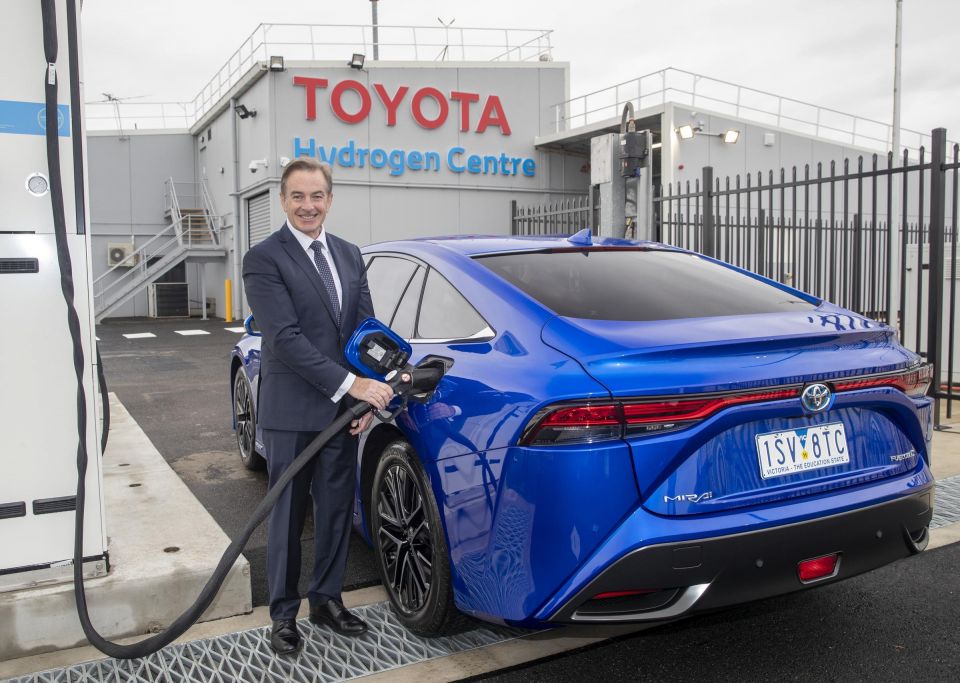
Tesla and Volkswagen consider FCEVs a technological dead-end and have doubled down on BEVs, but Toyota and Hyundai are investing in both zero-CO2-emissions options and see each as playing a vital role in decarbonisation of transport.
FCEVs store pressurised hydrogen in chassis-mounted tanks and mix it with oxygen in a stack of membranes. The chemical reaction makes charge to spin the motor, and emits clean water and purified air as byproducts.
MORE: Hydrogen-related topic page MORE: 2021 Toyota Mirai review MORE: ANCAP ratings, everything you need to know
Where expert car reviews meet expert car buying – CarExpert gives you trusted advice, personalised service and real savings on your next new car.
Jack Quick is an automotive journalist based in Melbourne. Jack studied journalism and photography at Deakin University in Burwood, and previously represented the university in dance nationally. In his spare time, he loves to pump Charli XCX and play a bit of Grand Theft Auto. He’s also the proud owner of a blue, manual 2020 Suzuki Jimny.


Ben Zachariah
45 Minutes Ago
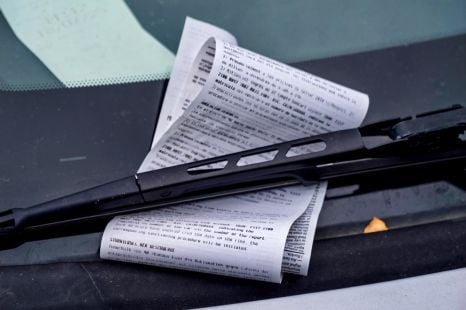

Ben Zachariah
45 Minutes Ago
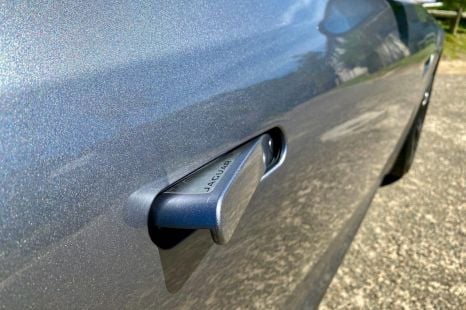

Derek Fung
2 Hours Ago
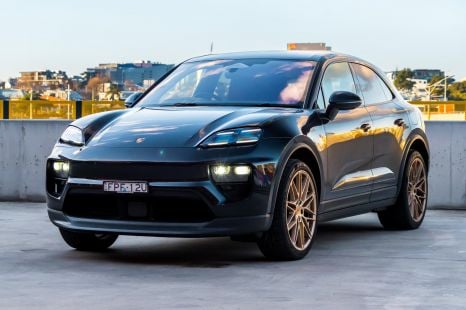

James Wong
9 Hours Ago
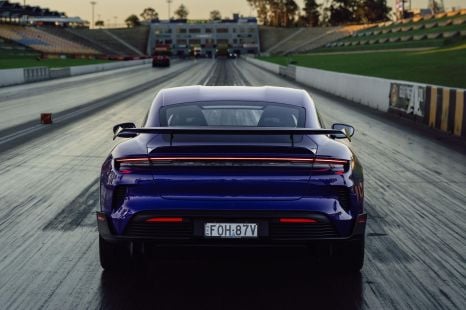

Toby Hagon
16 Hours Ago
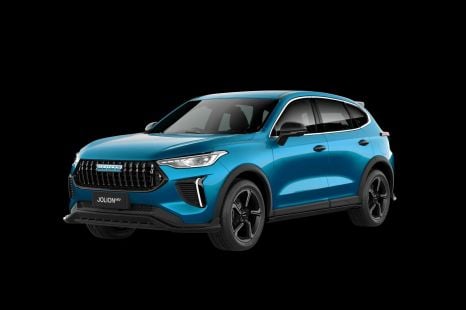

William Stopford
17 Hours Ago